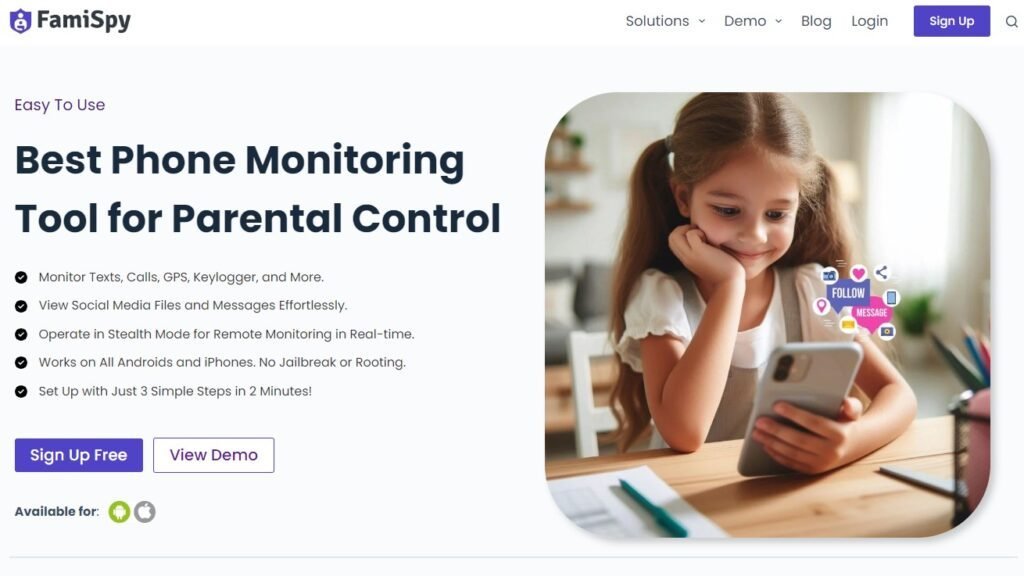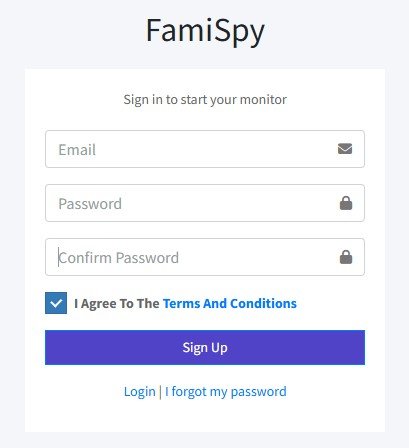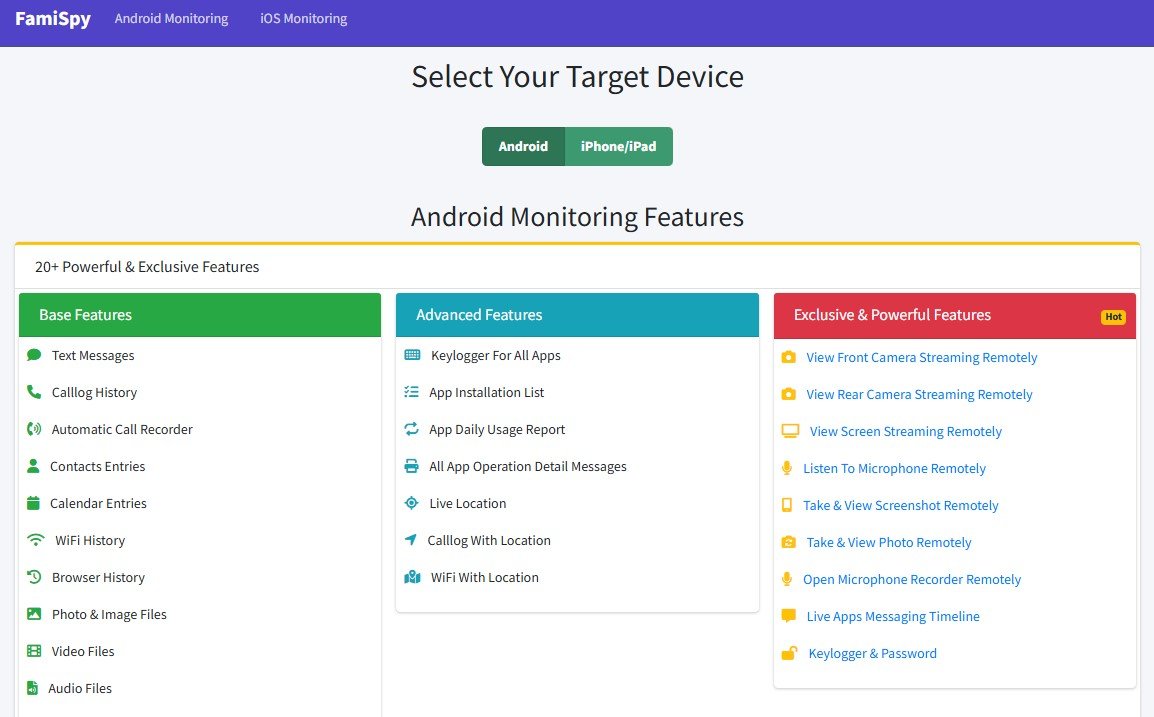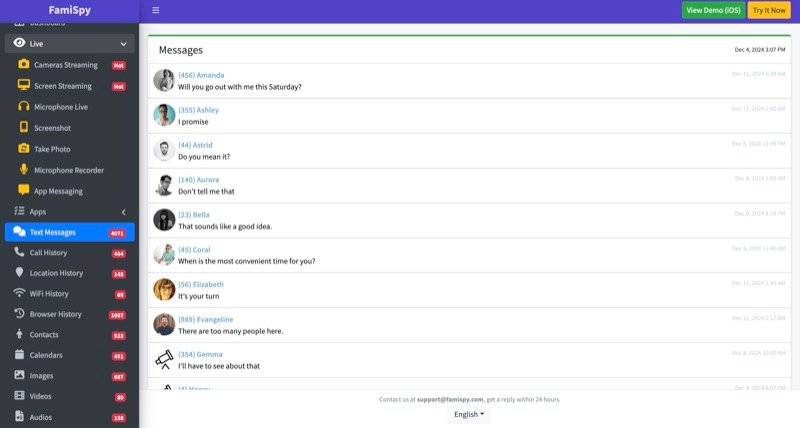In the sector of ever-evolving slang, abbreviations dominate how teens communicate. One of the most commonplace acronyms you could have stumbled upon is TTYL, which stands for “Talk to You Later.” It’s a casual, friendly manner to log out from a communique, signaling that the person intends to keep speaking later.
While TTYL may seem harmless, understanding the context in which it is used is crucial for parents who want to understand their children’s digital behavior. In this article, we’ll delve into the history, usage, and cultural significance of TTYL, while offering some tips for parents to stay informed about their teens’ international communications.
History and Evolution of “TTYL”
TTYL dates back to the early days of online communication. It became popular during the rise of instant messaging platforms like AOL Instant Messenger (AIM) in the late 1990s and early 2000s. Users like TTYL as a quick and convenient way to end a communication without being abrupt.
As technology improved, TTYL transitioned seamlessly to texting and social media. Even with the advent of emojis and GIFs, it remains a widely used term in casual communication. Its staying power lies in its simplicity and ubiquity, making it a staple in online interactions.
How Teenagers Use “TTYL” in Text
Teens mainly use TTYL in texting and social media as a casual sign-off. Here are a few not-unusual eventualities wherein TTYL may seem:
- Ending a Conversation: “Got to go to magnificence now, TTYL!”
- Signaling a Break: “Busy with homework. TTYL this night.”
- Informal Goodbyes: “Heading out for dinner. TTYL!”

Its tone is friendly and lighthearted, often used among friends, siblings, or close companions. However, like all slang, context matters. In some cases, frequent use of abbreviations like TTYL might signal disengagement or avoidance of deeper conversations.
Is “TTYL” a Sign of Secretive Behavior?
On its own, TTYL is generally harmless and reflects casual conversation. However, parents should pay attention if they notice patterns of secretive or evasive behavior accompanying the use of slang. For example:
- Frequent Use in Sudden Sign-Offs: If your child suddenly ends conversations with “TTYL” without explanation, it might indicate they’re avoiding a topic.
- Paired with Cryptic Messages: If TTYL is used along with vague or secretive texts, it might be worth having a conversation.
- Overuse in Certain Contexts: Excessive use of TTYL in response to simple questions could signal disengagement.
By monitoring patterns rather than isolated instances, parents can better understand their child’s communication habits.
“TTYL” in Popular Culture
TTYL’s popularity extends beyond texting into mainstream culture. It has appeared in:
- Books and Movies: Titles like TTYL by Lauren Myracle highlight its relevance in teen communication.
- Social Media Memes: TTYL is often used humorously in memes and captions.
- Music Lyrics: Some artists incorporate TTYL in their songs, reflecting its informal, conversational tone.
This cultural presence underscores TTYL’s role as more than just a text abbreviation—it’s part of how teens navigate relationships and self-expression.
Real-Life Example: How “TTYL” and Other Slang Are Used
Imagine this scenario:
A teenager is texting their best friend after a long school day:
Teen 1: “Hey! Just wanted to let you know I passed the math test, TTYL!!”
Teen 2: “OMG, that’s awesome! LYK if you want to hang later!”
Teen 1: “RIZZED up my confidence after that test! ONG, I feel so good!”
Teen 2: “LOL, you’re on fire! Talk soon.”

How Parents Can Stay Informed About Teen Slang
Staying informed about slang terms like TTYL is essential for understanding how teenagers communicate in the digital world. Tools like FamiSpy can help parents discreetly and effectively monitor their texting habits.
- Track Text Messages: FamiSpy lets you see the messages your teen sends and receives, so you can understand the context of their conversations.
- Monitor Social Media Chats: With FamiSpy, you can keep an eye on your teen’s social media conversations.
- See Call and SMS Details: FamiSpy records all incoming and outgoing calls and text messages, helping you keep track of who your teen is chatting with and what they’re talking about.
- Review Web Browsing History: You can check the websites your teen visits and see if any slang or new online trends appear in their activity.
- Set Screen Time Limits: FamiSpy helps you manage your teen’s screen time, ensuring they’re not spending excessive time on texting or social media.

How to Use FamiSpy in 3 Simple Steps
Step 1: Register for a FamiSpy Account
Start by visiting the FamiSpy website and creating your account. The sign-up process is easy and quick, guiding you through each step to get started.

Step 2: Choose a Plan and Install FamiSpy
For Android: Download and install the FamiSpy app on your teen’s phone by following the simple instructions provided.
For iPhone: You don’t need physical access to the device. Simply log in using your teen’s iCloud credentials (Apple ID and password) to start monitoring their activity.

Step 3: Monitor Text Messages and Social Media
Once set up, log in to the FamiSpy control panel to start tracking your teen’s text messages and social media accounts. You’ll be able to spot slang like “TTYL” and other shorthand used in their chats, helping you understand their conversations better.

By using FamiSpy to monitor digital activity, parents can stay in the loop about their teen’s communication style and address any concerns when needed.
FAQ
Conclusion
TTYL may seem like a simple abbreviation, but it plays a significant role in how teens engage in the digital world. By understanding its meaning, context, and cultural relevance, parents can foster better communication with their children and stay informed about their digital behavior.
For parents looking to monitor their child’s online interactions safely, tools like FamiSpy provide valuable insight into text messages, social media use, and overall communication patterns. With the right balance of trust and technology, parents can guide their teens through the complexities of digital communication while ensuring their safety and well-being.
Don’t Miss:








